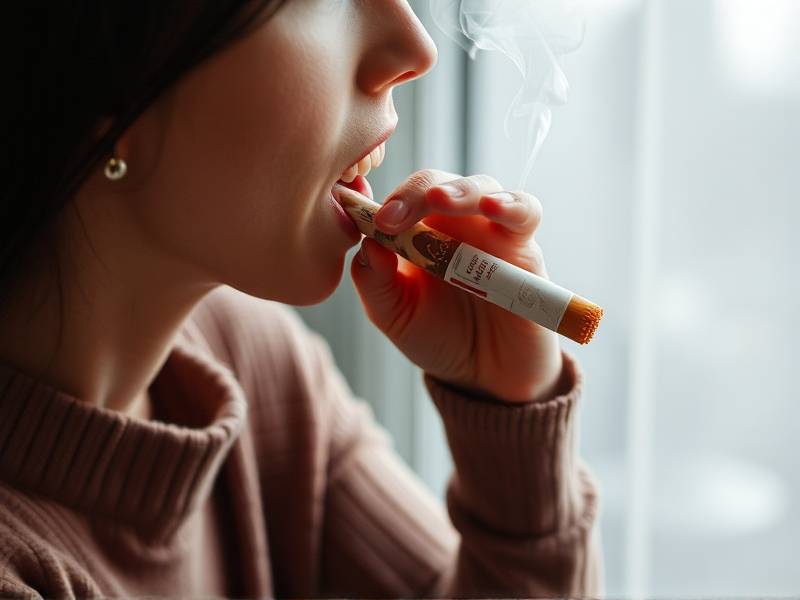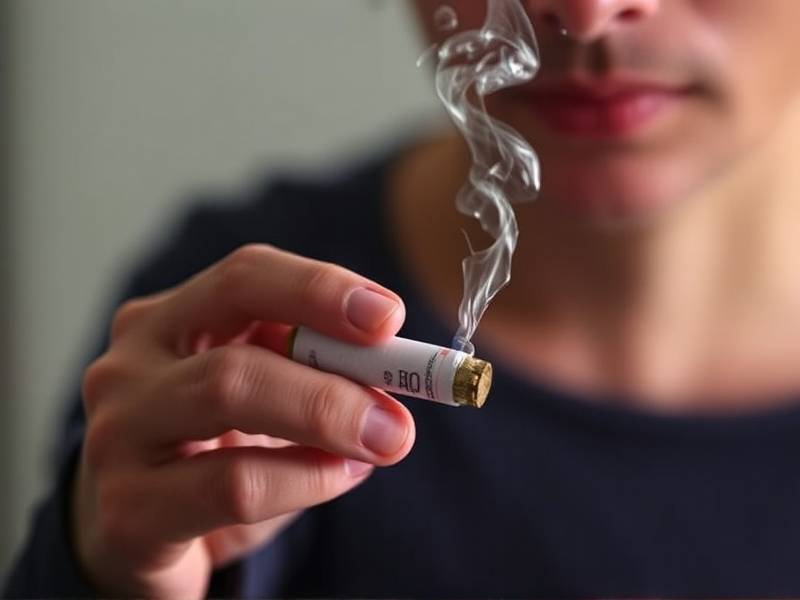How to Help Your Body Recover After Quitting Smoking: A Guide to Healing from the Damage of Smoking
How to Help Your Body Recover After Quitting Smoking: A Comprehensive Guide to Healing
Introduction: Quitting smoking is a significant decision that not only improves your health but also boosts your overall well-being. However, the journey towards recovery can be challenging. This guide will provide you with valuable insights on how to help your body heal from the damage caused by smoking.
Understanding the Damage of Smoking

-
The Impact on Your Lungs: Smoking damages your lungs by causing inflammation and narrowing of the airways. This leads to chronic obstructive pulmonary disease (COPD), emphysema, and other respiratory issues. To aid in healing, it is essential to avoid secondhand smoke and pollutants.

-
Heart Health: Smoking increases the risk of heart diseases and stroke by damaging blood vessels and increasing blood pressure. To promote heart health, adopt a balanced diet, engage in regular exercise, and manage stress levels.
-
Skin Rejuvenation: Smoking accelerates aging by reducing blood flow to the skin, leading to premature wrinkles and discoloration. To improve skin health, use sunscreen daily, maintain a healthy diet rich in antioxidants, and get adequate sleep.
Steps for Body Recovery
-
Stay Hydrated: Drinking plenty of water helps flush out toxins from your body. Aim for at least eight glasses a day.
-
Nutrition: A well-balanced diet rich in fruits, vegetables, whole grains, lean proteins, and healthy fats provides essential nutrients for recovery.
-
Exercise Regularly: Physical activity enhances circulation and promotes lung function. Engage in activities like walking, cycling, or swimming for at least 30 minutes daily.
-
Manage Stress: Stress can trigger cravings for nicotine. Practice relaxation techniques such as meditation, deep breathing exercises, or yoga to cope with stress effectively.
-
Seek Professional Help: If you find it challenging to quit smoking on your own, consider seeking support from healthcare professionals or joining a support group.
Supportive Supplements
- Vitamin C: An antioxidant that helps protect cells from damage caused by free radicals.
- Vitamin E: Another antioxidant that supports lung health.
- Beta-Carotene: A precursor to vitamin A that may help reduce inflammation.
- Green Tea: Contains antioxidants that may aid in detoxification.
Conclusion:
Healing from the damage caused by smoking is a gradual process that requires patience and commitment. By following these steps and incorporating healthy habits into your daily routine, you can accelerate your body's recovery journey towards better health and well-being.
Remember that quitting smoking is worth every effort it takes to overcome its challenges!
